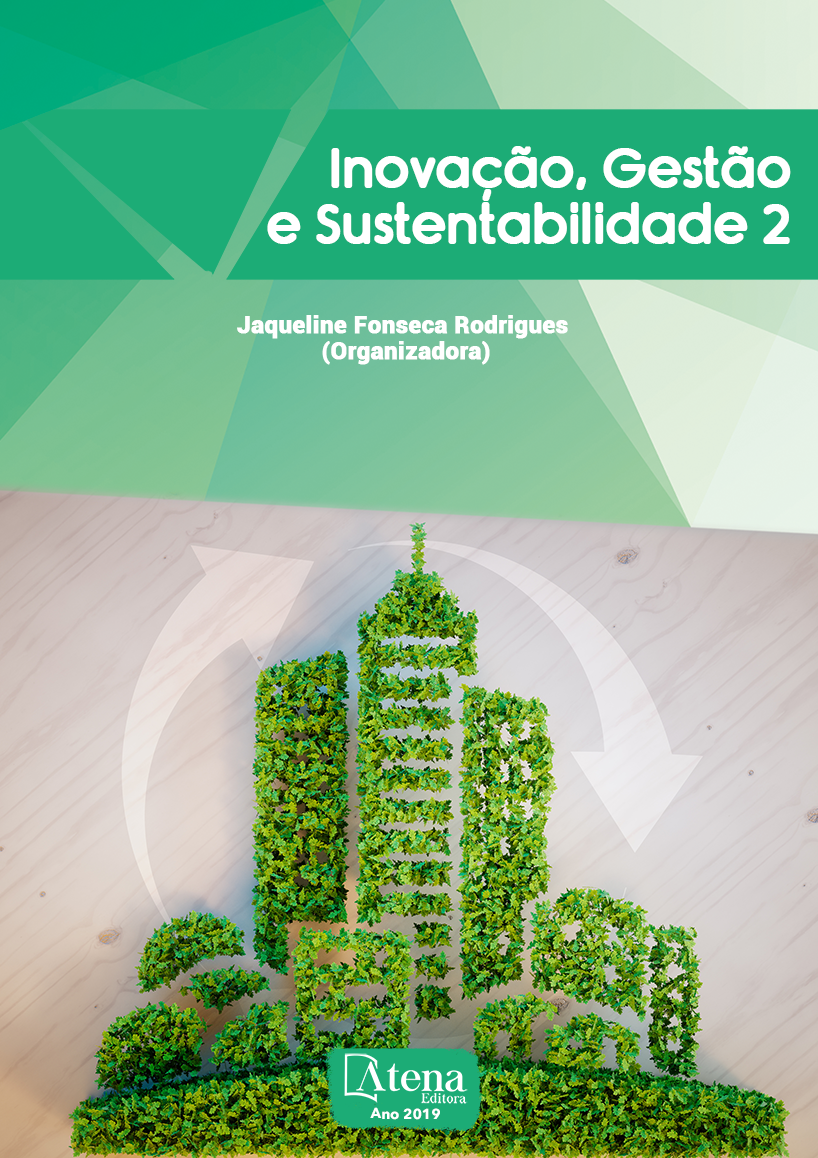
POTENCIALIDADES BRASILEIRAS NA INTEGRAÇÃO DE REUSO DE ÁGUA E PRODUÇÃO BIOENERGÉTICA NA VISÃO DE ECONOMIA CIRCULAR
O uso mundial de recursos hídricos e energéticos aumentou cerca de dez
vezes ao longo dos últimos 100 anos em função do crescimento populacional, da
demanda alimentar e do desenvolvimento econômico. Neste sentido, a Economia Circular
surge com um conceito econômico que faz parte do desenvolvimento sustentável,
sendo que os produtos e serviços tem origem na natureza, e o resíduo gerado em um
tipo de produção passa a ser substrato para novos produtos, minimizando os gastos
energéticos, desperdícios nutricionais dentro de uma economia sustentável. Acreditase que novas políticas baseadas no conceito de Economia Circular podem levar a
uma “mudança de paradigma” que poderia estabelecer um modelo mais sustentável
na gestão de águas residuais com uma recuperação aprimorada de recursos hídricos,
bem como de resíduos industriais e agroindustriais na cadeia bioenergética. Neste
aspecto o presente capítulo aborda a gestão de recursos hídricos considerando a
demanda populacional, alimentar e energética num contexto de Economia Circular
aplicada à indústrias, agroindústrias e agricultura, frente às potencialidades brasileiras
no reciclo de águas residuárias e nutrientes com vistas a bioenergia.
POTENCIALIDADES BRASILEIRAS NA INTEGRAÇÃO DE REUSO DE ÁGUA E PRODUÇÃO BIOENERGÉTICA NA VISÃO DE ECONOMIA CIRCULAR
-
DOI: 10.22533/at.ed.05419180614
-
Palavras-chave: Sustentabilidade; Reciclo; Biogás; Bioetanol.
-
Keywords: Sustainability; Recycle; Biogas; Bioethanol.
-
Abstract:
Global use of water and energy resources has increased about tenfold over
the last 100 years due to population growth, food demand and economic development.
In this sense, the Circular Economy arises with an economic concept that is part of the
sustainable development, being that the products and services originate in the nature,
and the residue generated in a type of production becomes substrate for new products,
minimizing the energy expenses , nutritional waste within a sustainable economy.
It is believed that new policies based on the concept of Circular Economy can lead
to a “paradigm shift” that could establish a more sustainable model in wastewater
management with an improved recovery of water resources as well as industrial and
agroindustrial waste in the chain bioenergetics. In this aspect, the present chapter
deals with the management of water resources considering the population, food and
energy demand in a context of Circular Economy applied to industries, agroindustries and agriculture, with a view to the brazilian potential in the recycling of wastewater and
nutrients for bioenergy purpose.
-
Número de páginas: 15
- Gislaine Fongaro
- Helen Treichel
- Aline Viancelli
- William Michelon
- Rafael Dorighello Cadamuro
- Paula Rogovski
- Maria Célia da Silva Lanna
- Charline Bonatto
- Thamarys Scapini
- Aline Frumi Camargo
- Paulo Reis
- Gilmar Antonio da Rosa
- Simone Kubeneck
- Natalia Klanovicz
- Jessica Zanivan
- Fábio Spitza Stefanski
- Caroline Dalastra
- Priscila Mara Knoblauch


